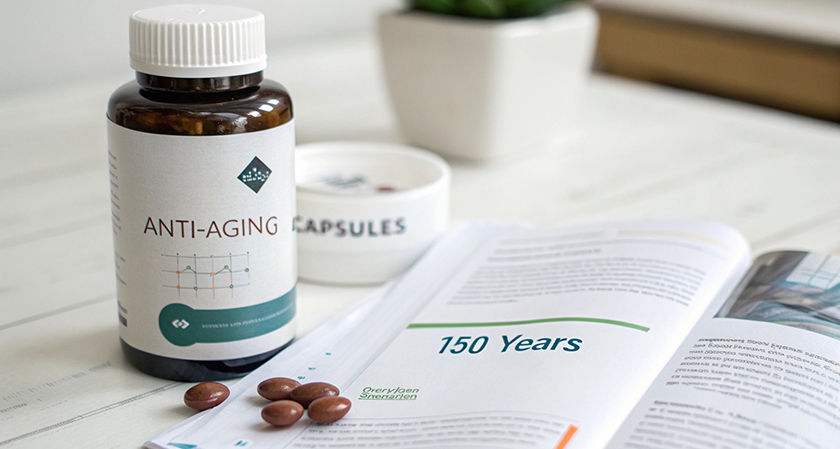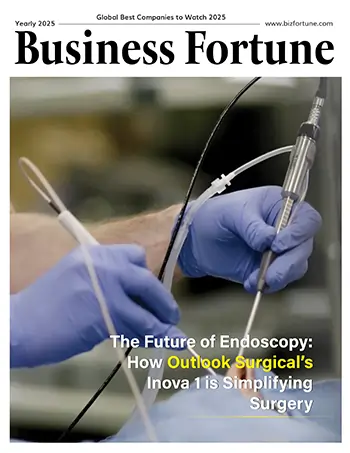Home Industry Bio Tech Can Humans Really Live to 150?...
Can Humans Really Live to 150? Shenzhen Biotech Firm Claims Success in Anti-Aging Capsule
Bio Tech

Business Fortune
18 November, 2025
Lonvi Biosciences claims that its grape-seed-based medication, which targets aging cells, has the potential to significantly increase human longevity, arousing scientific interest and curiosity around the world.
After claiming that humans could live up to 150 years in the future, a biotechnology business in Shenzhen attracted interest from around the world. Lonvi Biosciences made the assertion, claiming that its research suggested a novel medicinal intervention could decrease age-related degradation. The comment was made during a period when the average life expectancy worldwide was still between 65 and 70 years.
According to Lonvi, its capsule targets senescent cells, which are aging, non-dividing cells that build up in organs and cause inflammation. Procyanidin C1 (PCC1) from grape seeds is used in the formulation.
According to the business, the promise of delaying cellular aging is demonstrated by the 9.4% increase in total longevity and the 64% increase in remaining life expectancy observed in treated mice.
The company's chief technology officer (CTO), Lyu Qinghua, told The New York Times that reaching a lifespan of 150 years was "definitely realistic" and that significant advancements could be seen in a relatively short amount of time.
In 2024, the anticipated life expectancy in China was 79 years, which are several years higher than the global average. Longevity rates may continue to raise, according to researchers and business watchers who stated that the nation had experienced a notable increase in public awareness, governmental attention, and commercial investment directed towards ageing-related science.
According to Gan Yu, co-founder of the Shanghai-based longevity company Time Pie, attitudes in China have drastically changed. Previously viewed as a niche interest for affluent Americans, longevity is now drawing increasing Chinese investment. Experts warned that human trials are required to validate safety and efficacy, despite the excitement surrounding the early mouse study results.
By increasing cellular resilience and decreasing degeneration, the company's PCC1-based capsule, which CEO, Ip Zhu, referred to as "not just another pill, but the Holy Grail," is intended to prolong life and postpone age-related illnesses. According to the business, people may be able to live past 100 or even 120 if they combine the formulation with healthy lifestyle choices.
According to reports, Xi Jinping and Vladimir Putin have discussed scientific advancements that could affect human longevity. This effort coincides with China's prioritization on biotechnology and ageing research alongside artificial intelligence.


































